ABRA Voluntary/Cooperative Agreements
 It would be great if we could use this process to limit the amount of signage a liquor store can have in it's windows and on the exterior of it's property. Almost without exception DC liquor stores (and there are debates there are too many in River East) are plastered from top to bottom with unsightly signs, posters and neon lights advertising this and that alcoholic beverage.
It would be great if we could use this process to limit the amount of signage a liquor store can have in it's windows and on the exterior of it's property. Almost without exception DC liquor stores (and there are debates there are too many in River East) are plastered from top to bottom with unsightly signs, posters and neon lights advertising this and that alcoholic beverage.
It's unsightly and it's not the image that we are trying to promote in our new River East.
Does anyone know if any of the ANCs or community groups have tried to work with the liquor stores to rebrand their storefronts? Perhaps a little less "trash" and a little more "class"? Something to better reflect a more neighborhood vibe?
Voluntary/cooperative agreements are negotiated between the ABC establishments and third parties, which may include community groups, Advisory Neighborhood Commissions (ANCs), and groups of individuals. These voluntary/cooperative agreements are sometimes used to resolve disputes and protests and to facilitate the licensing process. A voluntary/cooperative agreement may cover a specific business practice or wide range of business operations.
In many situations, protest issues can be resolved through voluntary/cooperative agreements, rather than a protest hearing. Some parties do not want to go through the time and expense of a formal protest hearing and prefer resolution early in the process. Voluntary/cooperative agreements also afford benefits to both sides. The parties shape the agreement to accommodate the needs of both sides, whereas the protest hearing will result in the ABC Board's decision to grant or deny an application or grant with conditions. The ABC Board's decision is based on the evidence presented at the hearing. A voluntary/cooperative agreement determines the conditions placed on a license and is incorporated into an ABC Board Order.
Agreements are formed when the public has received notice of upcoming alcoholic beverage license applications (new, renewal, transfer to new location, and substantial changes) that come before the ABC Board for review and approval. Most agreements are formed to resolve protest issues. However, the ABC Board has approved many agreements in lieu of a protest.
If an application has been protested, the ABC Board will generally inform the parties at the roll call hearing that they must negotiate in good faith to resolve the protest issues. The ABC Board grants the parties a 30-day negotiation period and schedules a status hearing to determine whether the parties were successful in resolving the protest issues. Parties often request additional time to attempt resolution. If the parties are unable to resolve the issues, they may request mediation or the Board may instruct them to seek mediation. ABRA has a professional mediator on staff to perform this function, which is free to the public.
Note: ABRA is currently conducting a review of all Voluntary Agreements and intends to post a complete listing upon the completion of the review.
For samples of voluntary/cooperative agreements, contact Cynthia Simms, ABRA Community Resource Officer, via email, phone, or written request:
Alcoholic Beverage Regulation Administration
941 North Capitol Street, NE
Room 7200
Washington, DC 20002
Phone: (202) 442-4423
Fax (202) 442-9563
Fax (202) 442-9563

